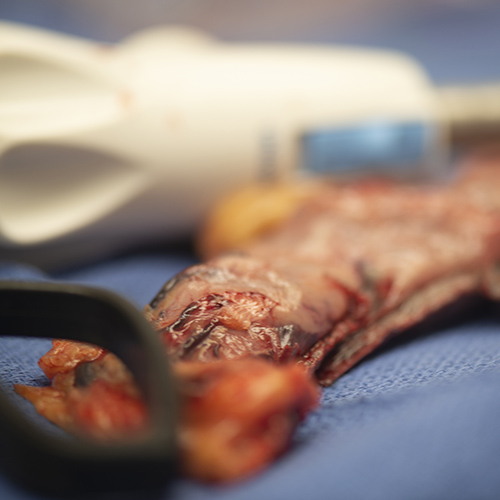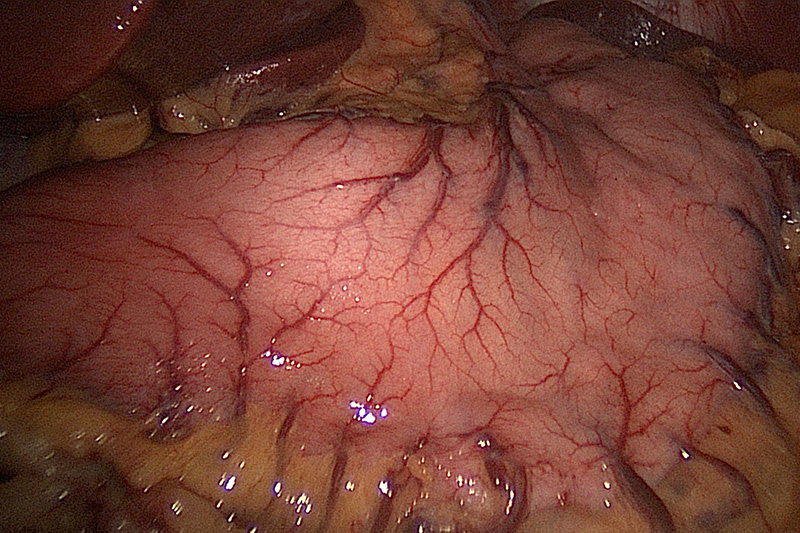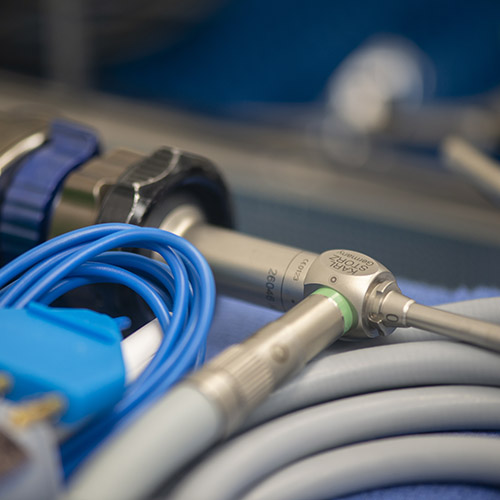Ghrelin is also known as appetite hormone or hunger hormone. It is a peptide hormone produced by the cells forming the lining of the stomach and in epsilon cells of the pancreas. It is usually increased before meals and concentrations fall after a meal. Ghrelin promotes food intake. It achieves this by acting on the hypothalamus in the brain and stimulating hunger in an individual. It also inhibits the feeling of satiety by blocking sensory stimulus to the brain from the stomach generated due to stretching of its walls after food intake. It also activates a feedback mechanism from the brain that reinforces reward (good feeling) after food intake. It promotes deposition of fat tissue around the abdomen. Ghrelin also has a role in cognitive learning and helps individuals adapt to different environments efficiently. It also stimulates release of growth hormone. It has a counter hormone i.e. leptin which is produced in the fat tissues. Leptin induces satiety and a sensation of fullness.







